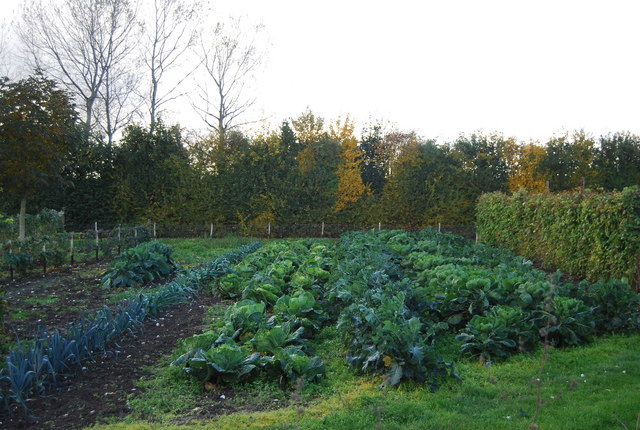
Organic gardening is for everyone. It doesn't matter if you live in an apartment, a city lot, the suburbs, or out in the country. Growing your own food safely can work through good preparation and a willingness to work at it. You just have to be willing to take those first steps and keep at it. Below are a number of tips on how to successfully start your garden venture!

Of course you can always buy a few pots and random plants at your local garden center and wing it, but that isn't going to get you too far. You need to decide what to grow based on what you actually like to eat. Kale might sound good on paper due to its nutritional value, but if you can't stand kale, you won't want to eat it. You can always give it away, but that's not where you want to start your gardening journey.
Make a list of what you like. After that, decide how much you'd like to grow based on your current eating habits. Don't plan a garden based on a change in your eating habits that you don't might not follow. Start with your current habits and grow from there. If you like strawberries, put them on the list. If you haven't eaten a sweet potato in five years, leave it off your list.
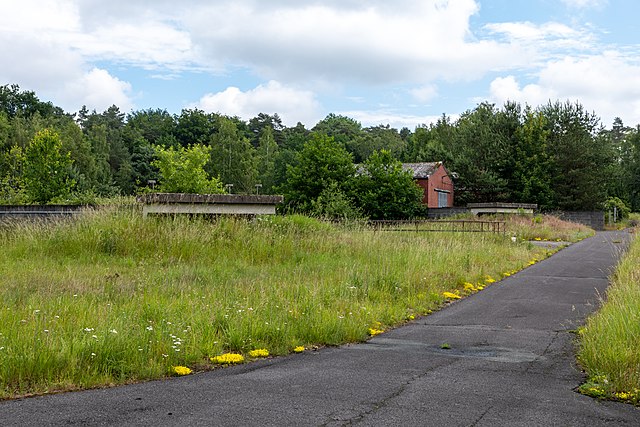
Picking a right spot for your garden is specific to where you live and what you want to grow. Look for a place with the following:
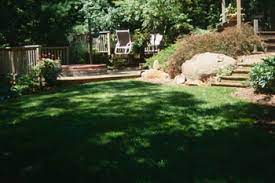
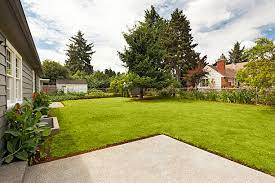

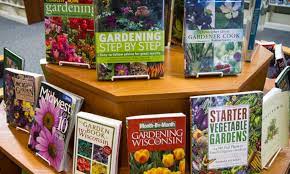
Regardless of your experience level, gardening research is the best way to either start up or keep improving. There are so many resources out there now! You can watch videos on Youtube, check out books from the library, read articles, etc...and none of these cost you anything! Dedicate time in your routine to educate yourself. You don't have to jump into the large gardening books if you're a beginner. Start with the pictures! Look at different Pinterest pins, scroll down Google images, or head over to HGTV.com to start combing through what others have done. Then you can begin reading about how they've accomplished their goals. Here are a few suggestions if you're wondering what topics to start with:
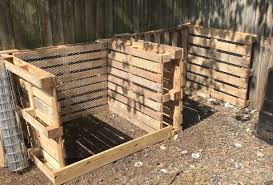
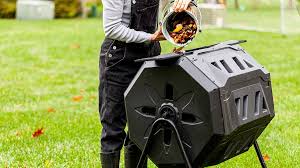
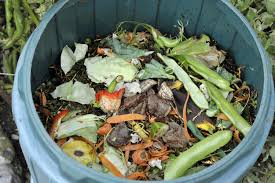
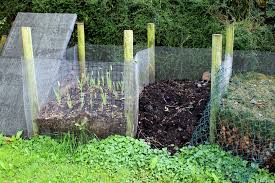
Composting is a natural method of taking waste (yard, kitchen, etc...) and allowing nature to turn it into fertilizer. It can be simple or complicated, depending on your ambitions. Books and internet resources about composting go into great detail regarding the chemistry and microorganisms involved in the breakdown of waste. It's pretty interesting once you get into it. Your compost area can be elaborate with different areas for different stages of decomposition, or it can be a contained pile in the back yard. Whatever works best for you is the best system, especially if you're just starting your organic adventures.
Here's where you just have to dive right in! Get some seeds! Get some plants! However, just like us, plants have certain living requirements. An apple tree can survive a northern winter...a tomato can't. Once you know what you're going to grow, learn about each variety and understand:
Seed packages will have much of this information, but you'll need to still do more research. You might even need to set up grow lights inside if you want to grow your food from seed.
**Note: If you're going to be planting fruits outside that will overwinter, you'll need to understand your growing zone. Every plant should be labeled with this: Z4 is Zone 4 in the USDA Hardiness Zone Map, for example. This map tells you generally whether a plant will thrive in your part of the country. Take a look at these maps. You can view the one for the entire country, or search online for your specific state.
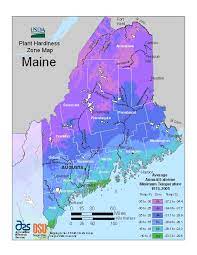
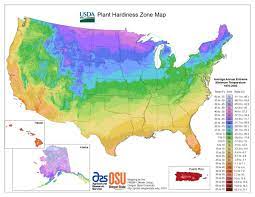
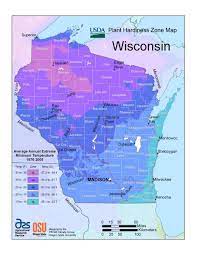
You've put in all that hard work...so enjoy it! Not only that, but if you don't use what's in your garden, you won't know whether you chose the right combination of plants.
Click HERE for an overview of organic gardening!
Click HERE for great online companies that offer organic products!